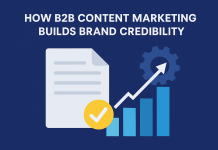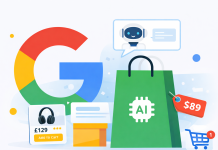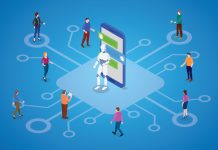Customer experience is no longer a back-office function—it’s a growth driver. Businesses today demand more personalized, responsive, and data-driven interactions, and AI in B2B is stepping up to deliver just that. Artificial intelligence is enabling B2B organizations to transform customer engagement, streamline operations, and build long-term client relationships like never before.
Personalization at Scale
Unlike B2C, where individual consumer behavior is the focus, B2B deals with complex decision-making processes involving multiple stakeholders. AI helps decode these complexities by analyzing vast datasets, identifying behavioral patterns, and offering personalized recommendations.
AI-powered platforms can tailor product suggestions, pricing strategies, and communication channels based on a client’s purchase history, business model, and industry trends. This hyper-personalized approach not only improves customer satisfaction but also boosts conversion and retention rates.
Predictive Insights for Proactive Engagement
AI in B2B allows businesses to shift from reactive to proactive customer service. By leveraging predictive analytics, companies can anticipate client needs before they arise. AI algorithms analyze usage data, support queries, and sales trends to forecast future behavior, enabling businesses to offer timely solutions and prevent churn.
For example, an AI system might detect that a client’s order frequency is dropping and trigger a personalized outreach campaign or incentive. These real-time insights empower sales and support teams to take action that adds value at every customer touchpoint.
Enhanced Automation for Efficiency
Automation is a cornerstone benefit of AI in B2B customer experience. Chatbots, virtual assistants, and intelligent CRMs reduce the load on human teams by handling repetitive inquiries, qualifying leads, and guiding clients through onboarding.
AI-driven chatbots can respond instantly to customer questions, resolve common issues, and escalate complex queries to human agents when necessary. This ensures that customers receive fast, accurate support 24/7, improving service levels while reducing operational costs.
Intelligent Content and Communication
AI also plays a critical role in crafting intelligent, targeted content. Whether it’s email campaigns, product documentation, or sales presentations, AI tools can generate and distribute content tailored to specific audience segments. Natural Language Processing (NLP) helps analyze customer sentiments and feedback, enabling businesses to fine-tune messaging and tone.
Real-World Applications Driving Results
Leading B2B companies are already seeing measurable benefits from adopting AI. From Salesforce’s Einstein AI to HubSpot’s predictive lead scoring, businesses are leveraging AI to improve customer journeys, shorten sales cycles, and drive growth.
Moreover, AI enables smoother integrations across departments—marketing, sales, and customer service—ensuring a consistent and cohesive customer experience across all touchpoints.
Conclusion
As B2B customer expectations rise, integrating AI in B2B strategies is no longer optional—it’s essential. By enabling personalized engagement, predictive support, and intelligent automation, AI is redefining how businesses interact with their clients. Companies that harness the power of AI are not just enhancing customer experience—they’re setting new standards for B2B success.












